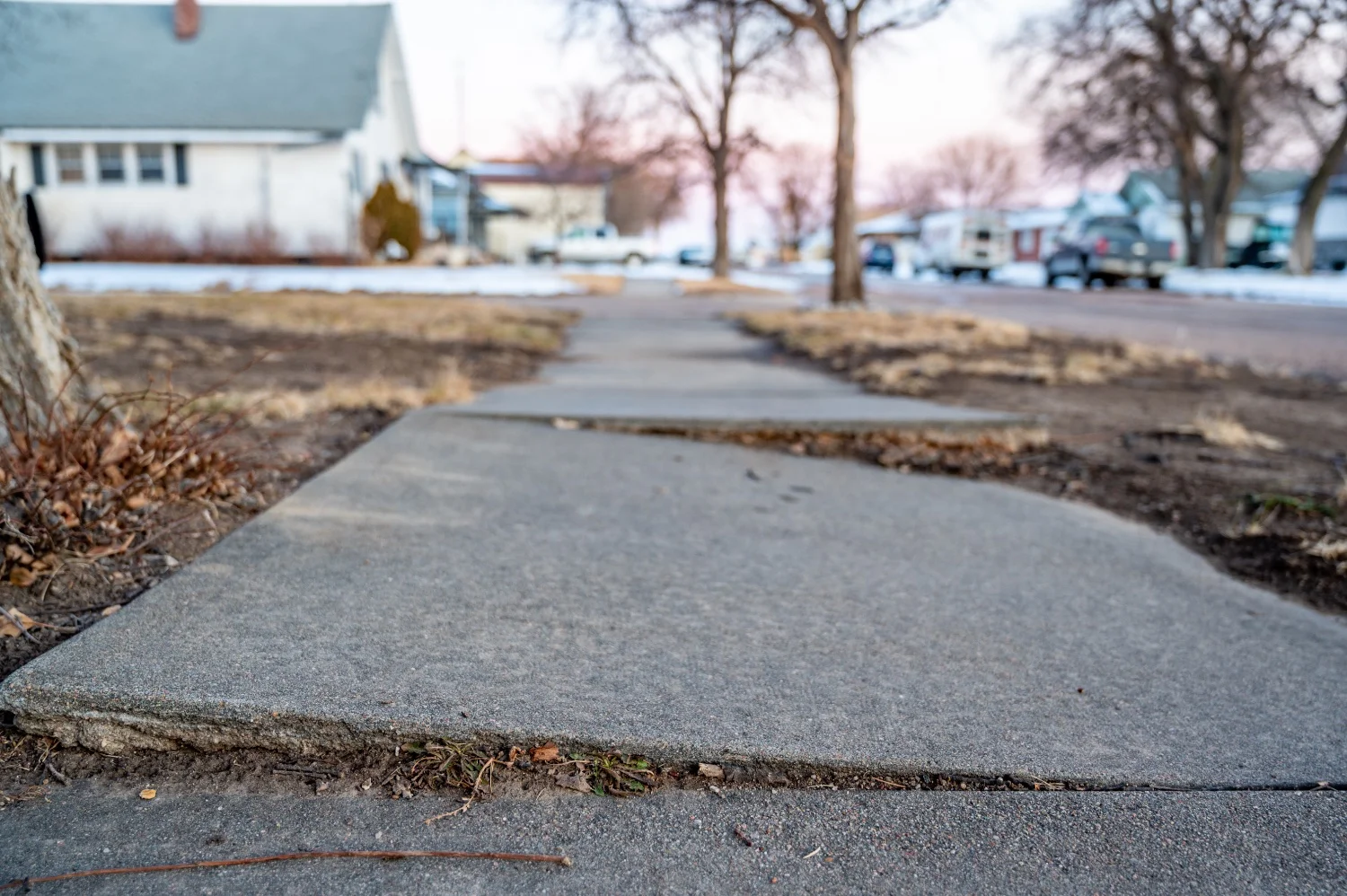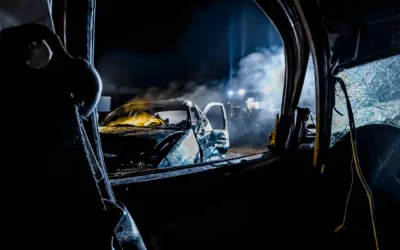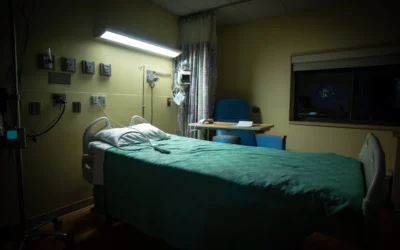Premises liability is a legal concept that holds property owners responsible for injuries that occur on their premises due to unsafe conditions. However, not all properties are treated the same under premises liability law. Understanding the distinctions between public and private property is crucial when it comes to determining liability, responsibilities, and the potential for slip and fall claims. In this post, we delve into the complexities of premises liability on public and private property. Let’s help you navigate this intricate legal terrain.
public Property Slip and Fall
Public property refers to land or buildings owned and maintained by government entities, such as city, county, state, or federal governments. These properties are open to the general public and serve various purposes, including public parks, government buildings, sidewalks, and roads.
- Governmental Immunity: One significant difference when it comes to public property is the concept of governmental immunity. Government entities are generally immune from certain types of liability claims. Especially those related to discretionary functions or policy decisions. However, this immunity is not absolute and may have exceptions, particularly when it comes to maintaining public safety.
- Notice Requirements: When pursuing a premises liability claim against a government entity, plaintiffs may need to adhere to strict notice requirements. This includes filing a notice of claim within a specified timeframe. Failure to meet these requirements can result in the dismissal of the claim.
- Maintenance and Safety: While government entities are responsible for maintaining public property and ensuring its safety, the standard of care may vary depending on the jurisdiction. Generally, they are expected to keep public areas reasonably safe for use.
- Sovereign Immunity Limitations: In many cases, government entities have waived sovereign immunity, allowing for limited liability in specific situations. For instance, a dangerous condition on public property could be a result of negligence rather than a discretionary policy. The plaintiff in that case, may have grounds for a premises liability claim.
Private Property Slip and Fall
Private property, on the other hand, refers to land or buildings owned by individuals, businesses, or organizations. These properties aren’t open to the public, and access is typically controlled by the property owner.
- Duty of Care: Property owners have a duty of care to those invited onto their property. This duty requires them to maintain the premises in a reasonably safe condition, warn of known hazards, and take reasonable steps to prevent injuries.
- Trespassers and Invitees: Property owners owe different levels of duty to different types of visitors. Invitees, those who are explicitly or implicitly invited onto the property for a specific purpose, are owed the highest duty of care. Trespassers, on the other hand, are typically owed a lesser duty, but property owners cannot intentionally harm them.
- Licensees: Licensees are individuals who enter the property for their own purposes, with the property owner’s permission. Property owners owe them a duty to warn of known hazards.
- Forseeability: A critical element in private property premises liability cases is foreseeability. Property owners may be liable for injuries if they could reasonably foresee that a dangerous condition could lead to harm.
crossover scenarios
In some cases, the lines between public and private property can blur, leading to unique premises liability situations:
- Government-Owned Properties Open to the Public: When government-owned properties are open to the public, such as public recreational facilities or government-owned buildings, premises liability may apply, but the rules can be different from typical public property cases.
- Private Property Leased to Government Entities: When a private property owner leases their property to a government entity, the liability may shift. The government entity may be liable to maintain safety measures on that property. However, private property owners may still have responsibilities, especially if they retain control over certain aspects of the property.
Premises liability on public and private property is a complex legal area with nuances that can significantly impact your claim. Whether you are injured on public property or private property, it’s essential to understand the legal distinctions, notice requirements, and duty of care owed to you as a visitor. Consult with an experienced personal injury attorney who specializes in premises liability. It can be invaluable in navigating these nuances and pursuing just compensation for injuries sustained due to unsafe conditions on someone else’s property. Gosdis Law wants to fight for you. To schedule a consultation call 385-429-9960 or email s@gosdis.lawyer today.




